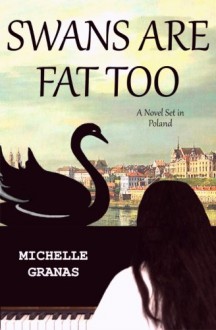Natalia Lanska, formidable Polish pianist, is dead. No one is really sorrowing, except maybe her granddaughter Hania, whose own career as a concert artist never took off due to a terrible weight problem. Feeling unwanted, Hania arrives in Warsaw for the funeral hoping for a warm welcome from her...
show more
Natalia Lanska, formidable Polish pianist, is dead. No one is really sorrowing, except maybe her granddaughter Hania, whose own career as a concert artist never took off due to a terrible weight problem. Feeling unwanted, Hania arrives in Warsaw for the funeral hoping for a warm welcome from her relatives. Instead, they saddle her with their appalling children, decamp, and refuse to return. Hania’s situation is at first improved and then complicated when a neighbor--the very correct, very austere descendant of an old Polish family--asks her to proofread an amateur history project. Hania sets to work with a will, and Pan Doctor Prince Konstanty Radzimoyski is surprised when his ideas get more editing than he bargained for. Typing pages of the past, rediscovering her native city, and playing the piano all contribute to taking Hania’s mind off her problems, but can’t change her awareness that the children need help and that her growing attachment to her employer will only give her pain. The summer Hania spends between love, hostility, and the weight of history tests her resourcefulness, but her fresh ideas and readiness to carry on brighten the lives of her new acquaintances. Still, no one, least of all Hania herself, expects that her beautiful qualities will make Konstanty forget her figure and other excess baggage. This book contains a history of Poland in a nutshell and is about seeing beyond the conventions.
show less

